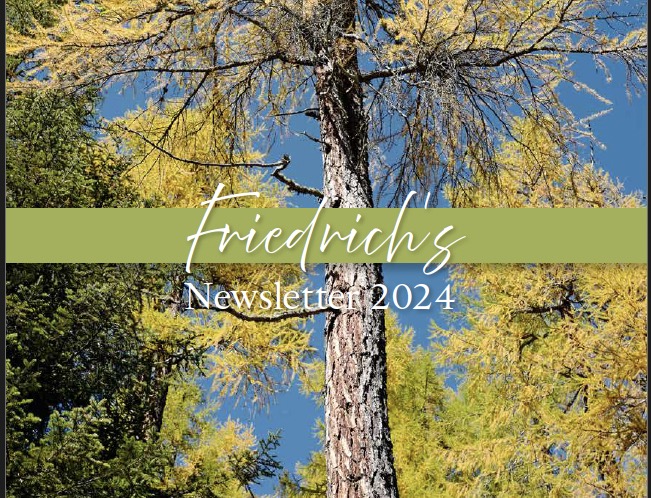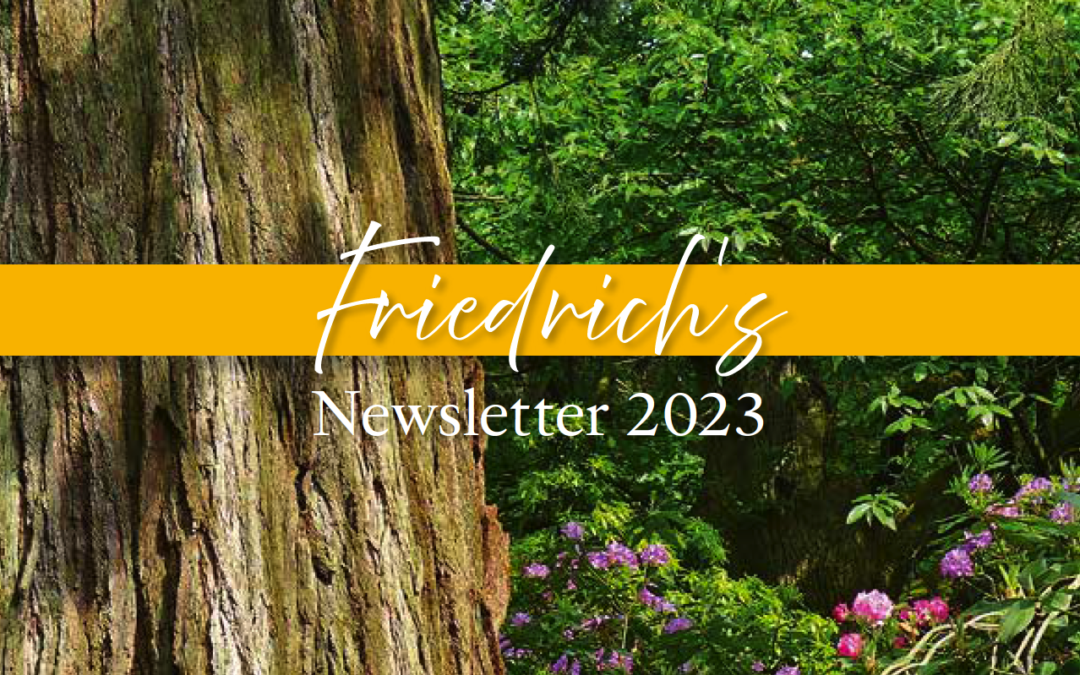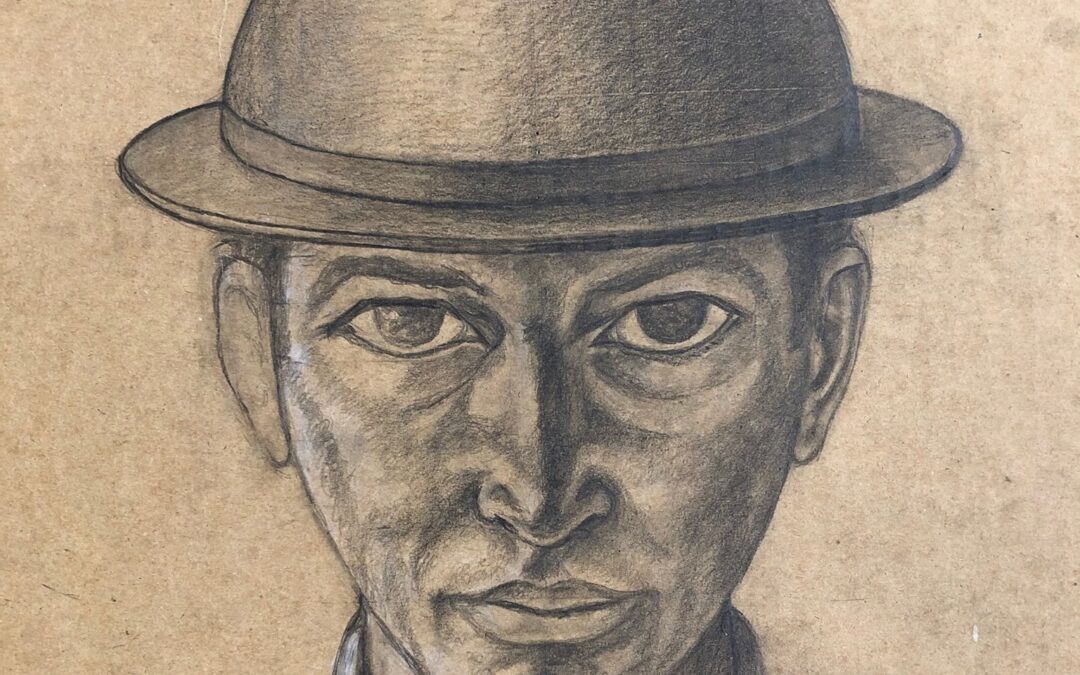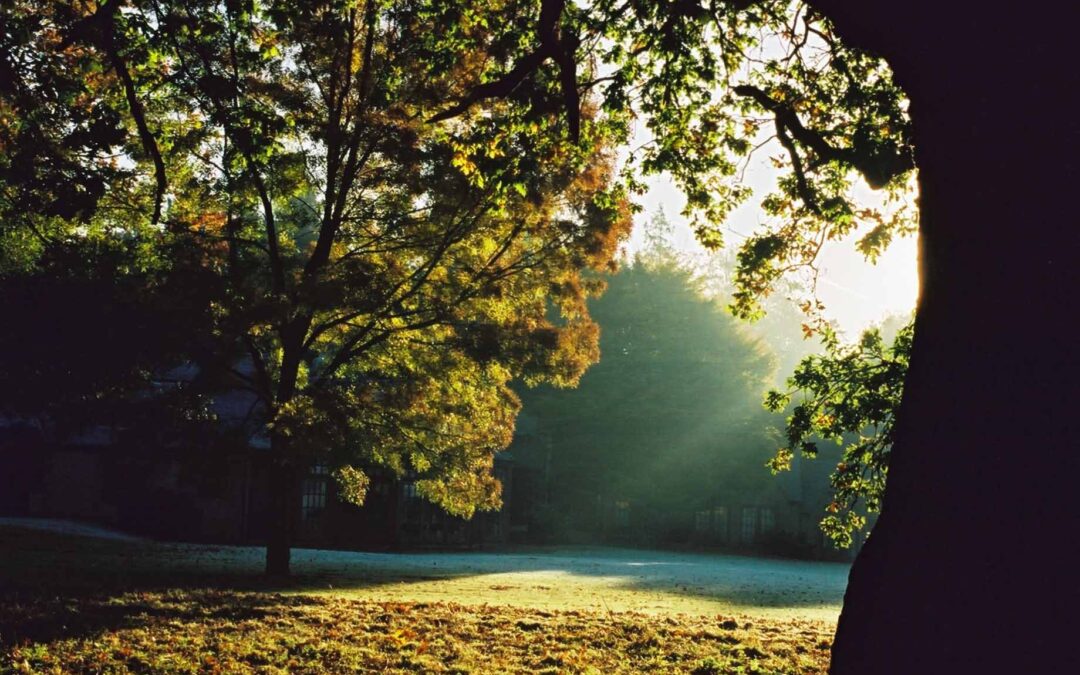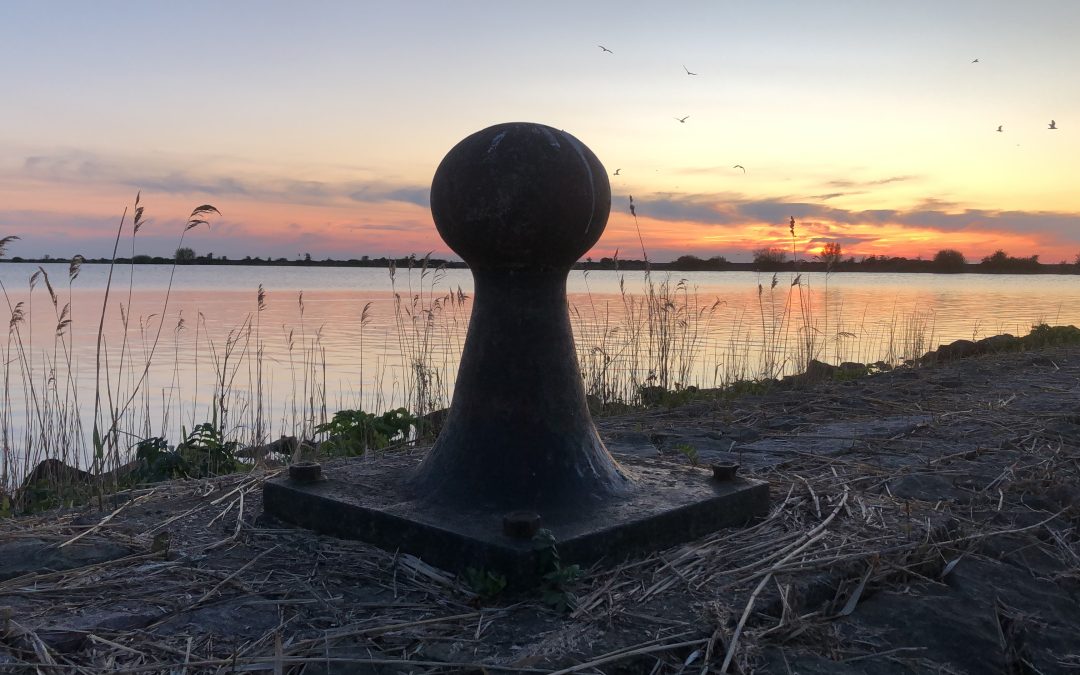
The Book of Yourself Newsletter
Dear Friends,
For the last two or three years a group of us have been holding monthly meetings online to explore various aspects of K’s teachings. This group was an extension of the K online course. Some participants were keen to continue the exploration, and we managed to find the time and the energy to do so. These explorations have been wide-ranging and deep, bringing about a heartfelt sense of sensitive and affectionate sharing and concern. Over these past six months we took up the study of the dialogues in the series of Reality, Actuality and Truth. That is the title I gave it, since those are the three main themes that K and Bohm set out to discuss back in 1975. Some of these conversations appeared in Truth and Actuality (1977) and The Limits of Thought (1999), but the set was never published either together or in its entirety. So that is a pending project, as far as I’m concerned. Since there are a total of twelve dialogues, we chose to cover two of them per session. I took the trouble of verifying the transcripts which, in spite of having been deposited as final in the archives, contained some errors. Then I summarized the contents of each chapter in PP slides and finally reworked these summaries in a cover letter to the participants in which I tried my best to trace out their internal coherence. The very last chapter was an attempt by Bohm to trace the core thread of the whole series and one of the themes that stood out for us was the question of action and, more specifically, of revolution.[1]
At one point in the dialogue K mentions the Latin American revolutionaries who, having become aware of the ongoing imperialist exploitation and the pervasive corruption of society, felt very strongly that the whole thing must be changed. K’s teachings are permeated with this same revolutionary spirit, so he posed the logical question as to whether he and the guerrilleros could have sat down together and communicated about the true meaning of revolutionary action. If the revolutionaries were totally identified with their ideology, that conversation might prove impossible, but supposing that they were still able to listen, what might K have said to people like Fidel Castro and Che Guevara? One could imagine that, given K’s emphasis on the inner revolution in consciousness and his critique of the Marxist approach to human transformation, namely by changing the socioeconomic circumstances, he might have recommended that they put down their AK-47s and take up meditation. The guerrilleros might have replied that there was no time for navel gazing, for sitting around observing their thoughts and feelings and learning to observe without the observer. The situation was too urgent, and it demanded immediate action. Wasn’t he also saying that action is always now? To which K might have responded that indeed it is, adding that such action means not from an idea or conclusion, which are the past. He would most likely have insisted that without a revolution in consciousness, all other revolutions are a mere turn of the wheel.
“To bring about peace in the world, to stop all wars, there must be a revolution in the individual, in you and me. Economic revolution without this inward revolution is meaningless, for hunger is the result of the maladjustment of economic conditions produced by our psychological states – greed, envy, ill-will and possessiveness. To put an end to sorrow, to hunger, to war, there must be a psychological revolution and few of us are willing to face that. We will discuss peace, plan legislation, create new leagues, the United Nations and so on and on; but we will not win peace because we will not give up our position, our authority, our money, our properties, our stupid lives. To rely on others is utterly futile; others cannot bring us peace. No leader is going to give us peace, no government, no army, no country. What will bring peace is inward transformation which will lead to outward action. Inward transformation is not isolation, is not a withdrawal from outward action. On the contrary, there can be right action only when there is right thinking and there is no right thinking when there is no self-knowledge. Without knowing yourself, there is no peace.”
The First and Last Freedom, pp. 184-185
K’s argument seems simple enough: what is happening outwardly in society, with its social and economic injustice, class struggles and war, is the result of our inner states of greed, envy, possessiveness and ill will; therefore, unless there is a psychological revolution, all our legal and sociopolitical measures will have no effect, for we will not give up our wealth and power, what K calls ‘our stupid lives’. Moreover, no government, army, country or leader will bring us peace. Only inward transformation, which is not isolation or withdrawal from outward action, will. Action follows from right thinking and there is no right thinking without self-knowledge, which is the foundation of peace. The revolutionaries might accept that indeed the outward structure of society goes together with our egotistic mindset and that without changing the latter, the former would be at best incomplete and forever on the brink of reverting to the old bourgeois capitalist and exploitative mode. But the fact remains that people won’t give up their possessions, money and status willingly. It might be stupid and utterly irresponsible to live that way, especially in view of the injustice and cruelty involved, but those very things are the pillars of power and as they will not renounce them voluntarily, they must be obliged to do so by force. Of course there is no right action without right thinking and, they might concede, self-knowledge is of fundamental importance in establishing individual integrity and the moral foundations of society. But as this focus on self-knowledge is not a withdrawal from outward action, then that action, self-awareness and transformation must happen simultaneously. Faced with such a prospect, the revolutionaries might wonder whether K wasn’t asking too much of mere mortals like themselves. At which point K might issue another challenge.
[1] This is the dialogue dated 11 October 1975. 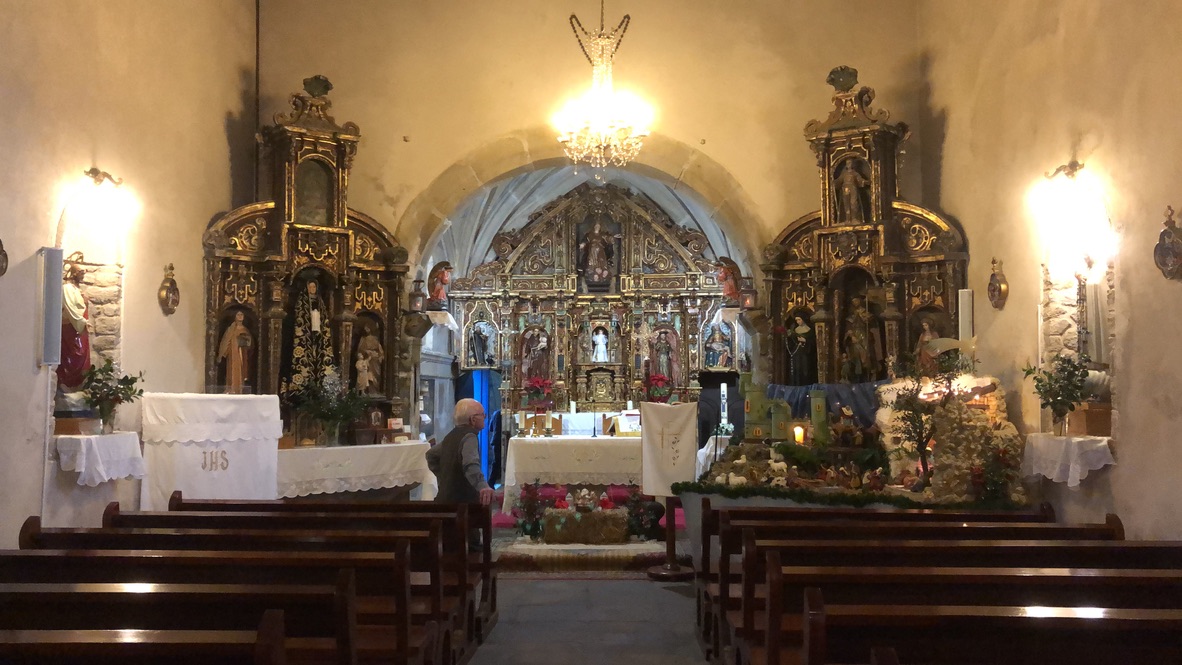
“For me revolution is synonymous with religion. I do not mean by the word ‘revolution’ the immediate economic or social changes, but I mean a revolution in consciousness itself. All other forms of revolution, whether communist, capitalist or what you will, are merely reactionary. A revolution in the mind, which means the complete destruction of what has been so that the mind is capable of seeing what is true without distortion, without illusion – that is the way of religion. I think the real, the true religious mind does exist, can exist. I think if one has gone into it very deeply one can discover such a mind for oneself. A mind that has broken down, destroyed all the barriers, all the lies which society, religion, dogma, belief have imposed upon it, and gone beyond to discover what is true, is the true religious mind.”
The Collected Works, Vol. 12, pp. 223-224
While the statement that revolution is synonymous with religion would clash with Marxist orthodoxy, Latin American revolutionary movements were often rooted in Liberation Theology, which united the Communists and the Catholics in the common pursuit of social justice. So maybe the guerrilleros might not fundamentally disagree, though they would have their reservations as to what K might be meaning by ‘religion’. His emphasis, however, was not on any form of tradition, belief and authority, but on what he called ‘the religious mind’. For him this religious mind is the only revolutionary mind, not the mind of the left, right or centre, which are all fragments, therefore not revolutionary at all. The religious mind deals with the totality, not with fragments, which creates the foundation of cooperation, social order and responsibility. Such a mind implies the total destruction of the past so that it is able to see what is true without distortion or illusion. And he insisted that it exists and can be discovered when one has dissolved all the lies that society and organized religion have imposed on it. To the devotees of historical dialectical materialism this might sound positively mystical and esoteric. And if that was the only way, then it would certainly call for a very different kind of action and way of life.
“We are talking of the religious mind, which is extraordinarily difficult to explain because so many things are involved. Surely a religious mind implies a state of mind in which there is no fear at all, and therefore no sense of security at any time; in such a mind there is no belief whatsoever, only ‘what is’, what actually is. And in that mind there is a state of silence which is not produced by thought, but which is the natural outcome of a great deal of awareness and attention. It is the result of meditation in which the meditator is totally absent; then out of that comes a silence in which there is neither the observer nor the observed. And in that silence one begins to discover for oneself the origin and beginning of thought. One then realizes that thought is always old and that therefore it can never discover anything new. And finding all this out of that silence – which is part of the religious mind – one knows a state of energy which is not the energy of conflict, nor is it the energy engendered through striving, ambition, greed and envy. It is an energy untouched by any kind of conflict. All that, it seems to me, is the state of the religious mind.”
KFT Bulletin No. 12, Winter 1971-72, pg. 14
So the religious mind, as K describes it, involves a state without belief, fear or security, in which there is only what actually is. Such a mind is imbued with a quality of silence that is the outcome of a great deal of awareness and attention, of meditation without the meditator, in which the duality of the observer and the observed is totally absent. It is in that silence that we begin to discover the nature of thought and we realize that it is always old, therefore incapable of discovering or meeting the new. And given the pervasive state of disorder and degeneration in the world, we urgently need a new quality of mind, which thought, therefore, cannot provide. The silent religious mind is filled with a quality of energy which is not the result of striving, ambition, greed and envy, an energy untouched by any kind of conflict. The key to this total inner wholeness and harmony would seem to be the quality of awareness, observation and meditation that is free from the duality of the observer and the observed. The observer being previous knowledge and experience, that means a quality of observation in which thought does not enter. The ending of conflict is the real point of revolutionary action, therefore the elimination of contradiction at its source, i.e. in the very state of consciousness, would be of fundamental importance. And contradiction arises out of the inadequate response of thought as the past to the ever-new and present challenge. This is the key to the only revolution, which is when we meet the challenge fully, which is the real meaning of action. That’s why the awareness of the origin and nature of thought is of such critical importance. It is nothing esoteric but as down-to-earth as you can get, for thought is a material process and all the dialectic of historical materialism springs from it. With the ending of contradiction, of division, there is an ending to conflict and the revolution has taken place without firing a single shot.
That sounds very true and even our Marxist friends might not disagree, but we are all currently confronted with a truly decadent and violent world and we face the same dilemma as to whether to take up arms against a sea of troubles or to take the inward journey to the heart of silence.
Take care, amigos, and let’s ponder deeply the true meaning of action and the religious mind,
Javier
Photos by J. Gómez Rodríguez: 1. The Harbour, Lelystad, NL; 2. Interior of the Church of Santa María in my native parish of Leiro, Rianxo, A Coruña, Spain.

